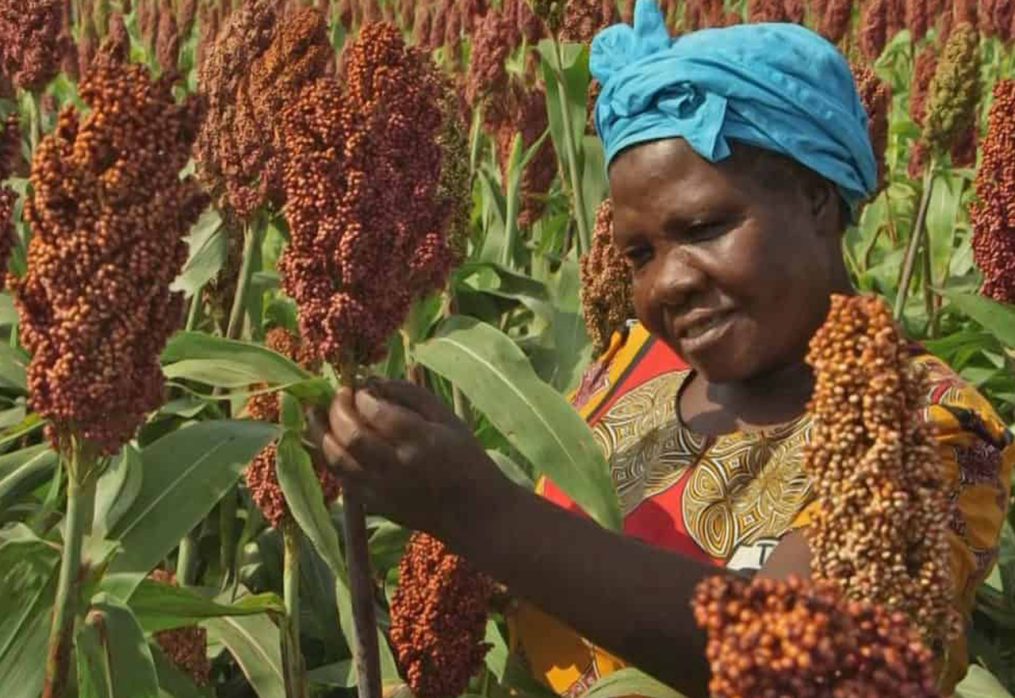Small Scale Farmers Needs Empowerment
Small-scale farmers are the backbone of agriculture in Zambia, as they contribute significantly to the food supply, employment, and income generation in rural areas. However, despite their importance, small-scale farmers face numerous challenges, including access to credit, inputs, technology, and markets, among others. Therefore, empowering small-scale farmers is critical to ensuring sustainable food security in Zambia.
Firstly, empowering small-scale farmers ensures food security. Small-scale farmers produce the majority of the food consumed in Zambia, especially in rural areas, and play a vital role in ensuring that people have access to affordable and nutritious food. However, due to various constraints, such as climate change, land degradation, and pests and diseases, small-scale farmers’ productivity and income levels are low. By empowering small-scale farmers with knowledge, inputs, and technologies, they can improve their yields and income, which will, in turn, increase food availability, accessibility, and affordability, hence improving food security.
Secondly, empowering small-scale farmers promotes rural development. Zambia is an agricultural-based country, with the majority of the population residing in rural areas. Empowering small-scale farmers will not only increase agricultural productivity but also provide employment and income-generating opportunities for rural households. This, in turn, will improve the standard of living and reduce rural-urban migration, which is a major challenge in many developing countries.
Thirdly, empowering small-scale farmers promotes environmental sustainability. Small-scale farmers are the custodians of natural resources, such as land, water, and biodiversity. Therefore, by empowering them with knowledge and technologies that promote sustainable agriculture practices, they can conserve and improve the natural resource base. This, in turn, will ensure that the current and future generations benefit from these resources.
Empowering small-scale farmers is not a government-only effort. The private sector has a crucial role to play in empowering small-scale farmers to ensure sustainable food security in Zambia. The private sector can provide small-scale farmers with access to credit, inputs, technology, and markets, which are critical for improving their productivity and income levels. For instance, the private sector can provide farmers with affordable and high-quality inputs, such as seeds and fertilizers, which can improve their yields. Furthermore, the private sector can provide farmers with access to markets, which can help them sell their produce at fair prices and earn a decent income.
In conclusion, empowering small-scale farmers is critical to ensuring sustainable food security in Zambia. Small-scale farmers are the backbone of agriculture in Zambia and play a vital role in ensuring that people have access to affordable and nutritious food. Therefore, it is imperative that the government and private sector work together to empower small-scale farmers with knowledge, inputs, technology, and markets, which will, in turn, increase food availability, accessibility, and affordability. By doing so, Zambia can achieve sustainable food security, promote rural development, and promote environmental sustainability.
